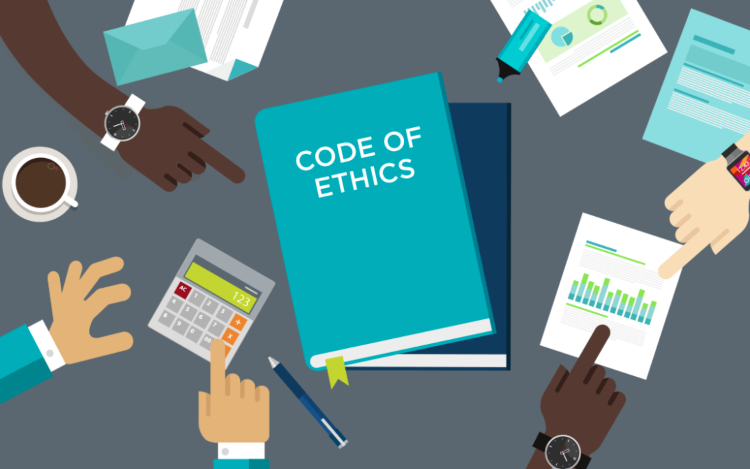The Importance of Ethics in Not-For-Profit Organizations
Posted by

 npocpas1
–
npocpas1
–
 npocpas1
–
npocpas1
–


A code of ethics is an important aspect for all businesses to integrate into their system of operations, but it is especially important for nonprofit organizations. As nonprofits are so strongly supported by charitable contributions, exposing themselves to the risk that fraud (and other internal unethical practices) can bring about, could have detrimental consequences. The last thing that a nonprofit needs is to be featured in news coverage because an executive was siphoning funds, in order to take an extra vacation or drive a fancy sports car. Donors can be off put by such findings, so much so that they withhold further contributions.
Usually, wrongdoing doesn’t start with a full display of breaking the rules. More often than not, it starts with bending them. So how can organizations take precautions in order to prevent such wrongdoing? Implementing a strong code of ethics can help to reduce the likelihood of internal unethical practices. A code of ethics should clearly state an organization’s core values and will help implement a system of accountability for staff, board members and volunteers.
Let’s think of it like this – if you are walking down the street and holding a piece of trash in your hand, but there are no trash cans nearby, does the thought cross your mind to litter? It could be that easy, just drop it and walk away. Who would know? Who would care? Okay now…think about this same scenario, except this time there are numerous signs in your path, all exclaiming the unethical nature of littering. These signs are clear and apparent and basically, they’re all up in your face. Does that thought about the convenience of littering still have that same temptation? Or is it lessoned? Maybe, the signs also tell you the location of the nearest trash can. The littering signs (and the guidance to a trash can) act as a system of accountability, which encourages patrons to do the right thing, while also letting them know that someone does in fact care.
Inspiration for writing a code of ethics can be drawn from those of other likeminded organizations. It can be as long or as short as necessary to translate values, as well as how they relate to and support a nonprofit’s mission.
Once a code of ethics has been established for an organization, it is important to share this code with staff, board members, volunteers, donors and to the entire community. These values can be shared on an organization’s website, incorporated into employee handbooks and pasted across other types of materials, including marketing materials. Maybe it’s even included at the bottom of every email signature from within the company. It stands as a constant reminder for the standards that an organization holds itself too.
Although a code of ethics is not a fool proof system to prevent fraud or unethical practices, it certainly asks as a system of risk management. A code of ethics, coupled with a constant embodiment and display of this code, can help to create an environment where good choices are celebrated. When fraudulent behavior is being called out, the temptation to move forward with unethical decisions is lessoned because there is an obvious display of internal monitoring. This not only helps to attract the right type of people to work for an organization, but it also gives donors a deepened sense of security and trust for the organization itself. A strong code of ethics, overall, shows ongoing commitment to an organization’s core values.
| Free forum by Nabble | Edit this page |